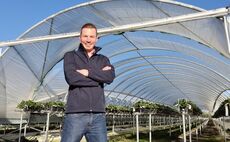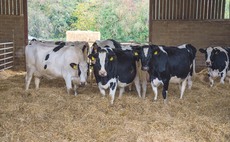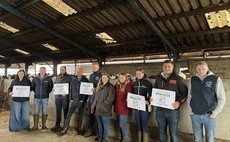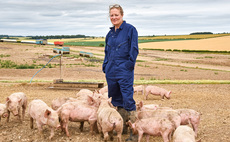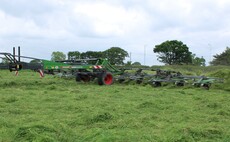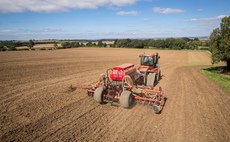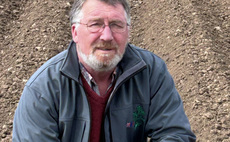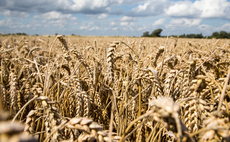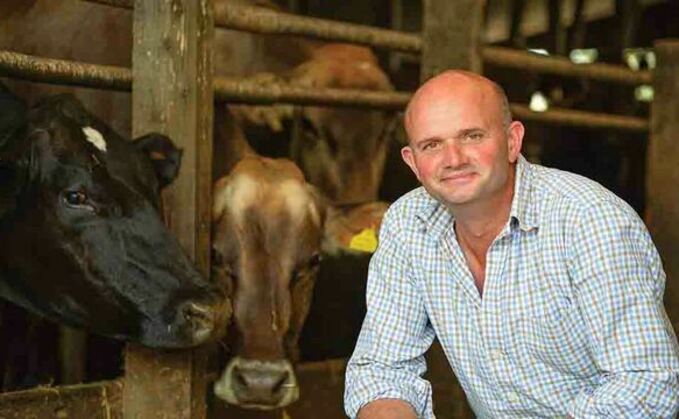
Whether it is the fault of implementation of politicians, remainers, rejoiners or 5th columnists, there is no doubt that Brexit has added friction to our trade with our neighbours and that comes at a cost. The cost is inflationary, its driving up prices for exporters and if the checks finally come in for inward goods it will drive up costs for imports too.
Couple that with interest rate rises and the volatility caused by the war in Ukraine, impacting energy and grain markets, and we can see uncertain times ahead. Inputs have been volatile, as have the prices received for our products.
The cushion farm subsidies provided for some farming sectors is being removed, so there is added pressure to bottom lines. With this in mind, it is no wonder so many farming businesses are looking for additional sources of income. In 2021/22, 68 per cent of farm businesses in England had some diversified activity.
Whether it is letting out buildings for non-agricultural use, solar, or other creative solutions, many farmers are looking to broaden their businesses. The journey into these new ventures is fraught. I know; over the years we have developed our farm into commercial lets, equestrian facilities, formed a cow health consultancy company, holiday cottages and I have marketed milk into Sainsbury's before closing this down and rolling the dice developing an indoor equestrian facility with additional rental space and cafe.
Our latest diversification was a consultant's dream. Concept drawings, architect's plans, transport surveys, flood risk assessments, sustainable drainage schemes, ecological impact assessments, visual impact assessments, planning consultants, structural design consultants and all that prior to the planning application. It is a minefield to navigate and there is no one there to hold your hand as you sign a building contract or get the loan to deliver your dream.
When I finally got a lawyer in to give me advice to help finish our project, he said that I would have been the ‘before' case study in his opinion, not the ‘after' example of best practice. It was probably a fair assessment. No one predicted the pandemic or the ongoing war. The challenge can sometimes feel enormous. I know I made strategic mistakes along the way.
With benefit of hindsight, I would do things differently given the same chances again. I often wonder if that is not the same for many diversified enterprises. When I got my planning permission for our new centre, I thought that we were probably at about ‘T' in the alphabet soup of decisions I needed to make but, in reality, we were still stuck on ‘B'.
There is so much to do, so many parasites hoovering money out of your limited resources and then there is the pressure not to fail - it can be overwhelming. As my wife said at the time when I felt stressed ‘the trouble is you are playing monopoly and you do not know the rules of the game'.
She was right of course. It seems such a waste for others not to benefit from all our collective experience. I have no doubt that many of the challenges are common to all projects and I think there is a real opportunity for us to share that knowledge.
I do wonder why our NFU has not embraced the whole diversification issue to bring together a department aimed at helping members create sustainable farming businesses through food production and diversified income sources. Rural business today for twothirds of farmers is not just about manufacturing food.






